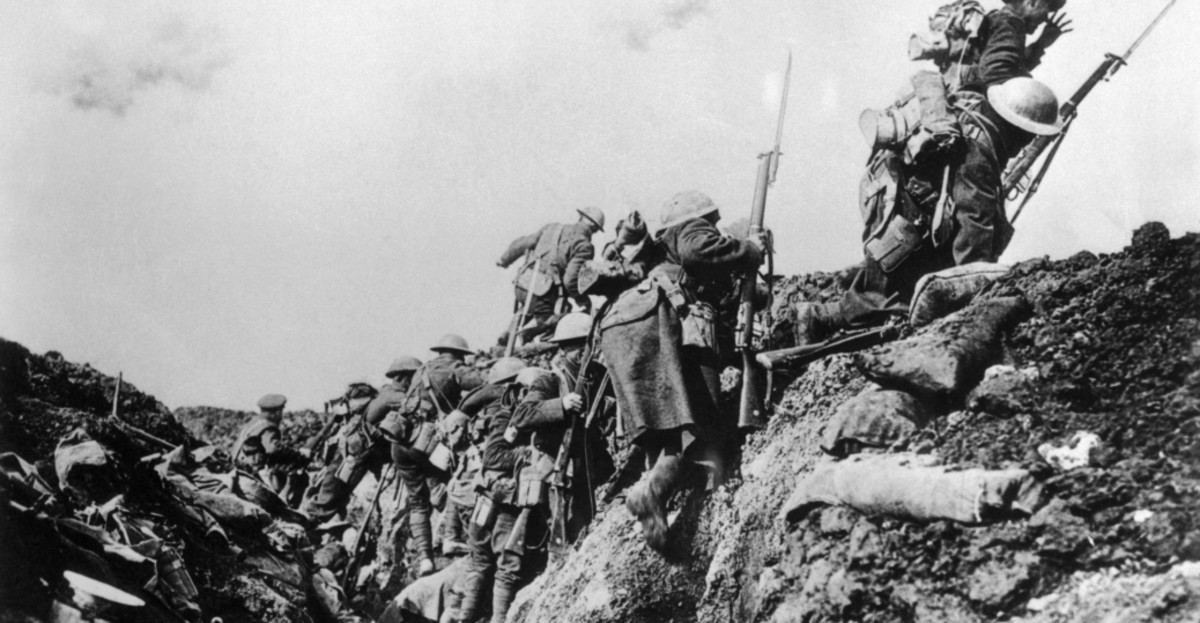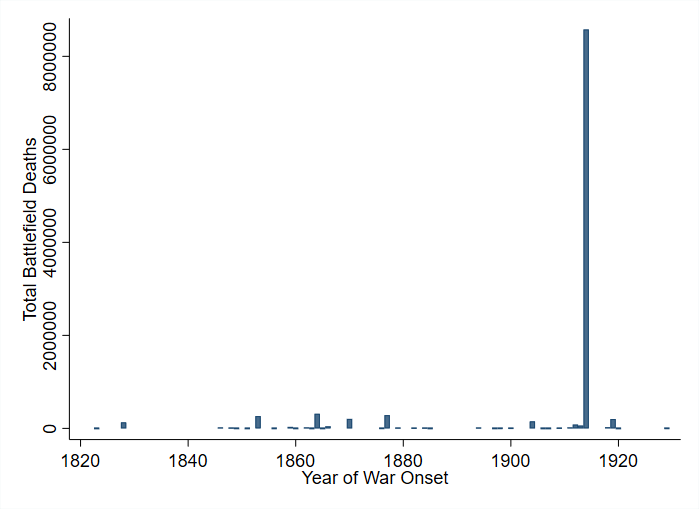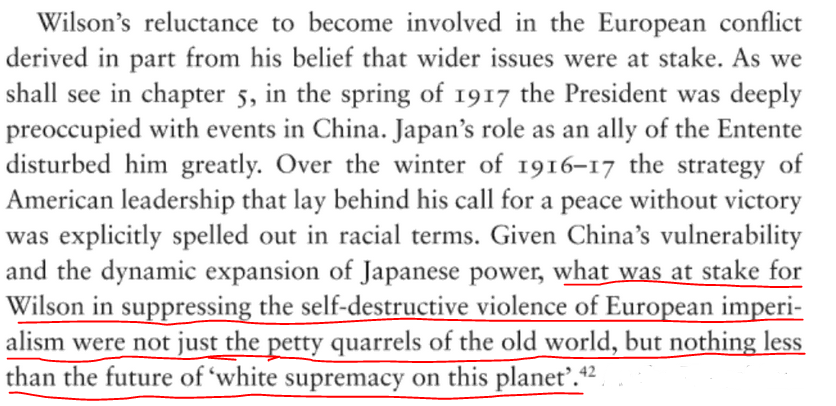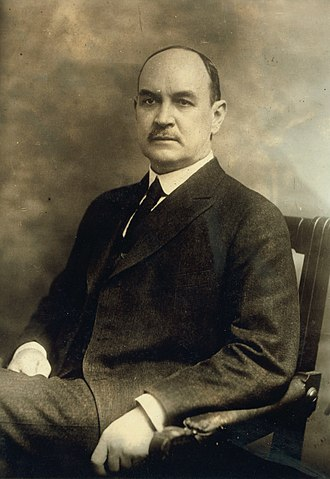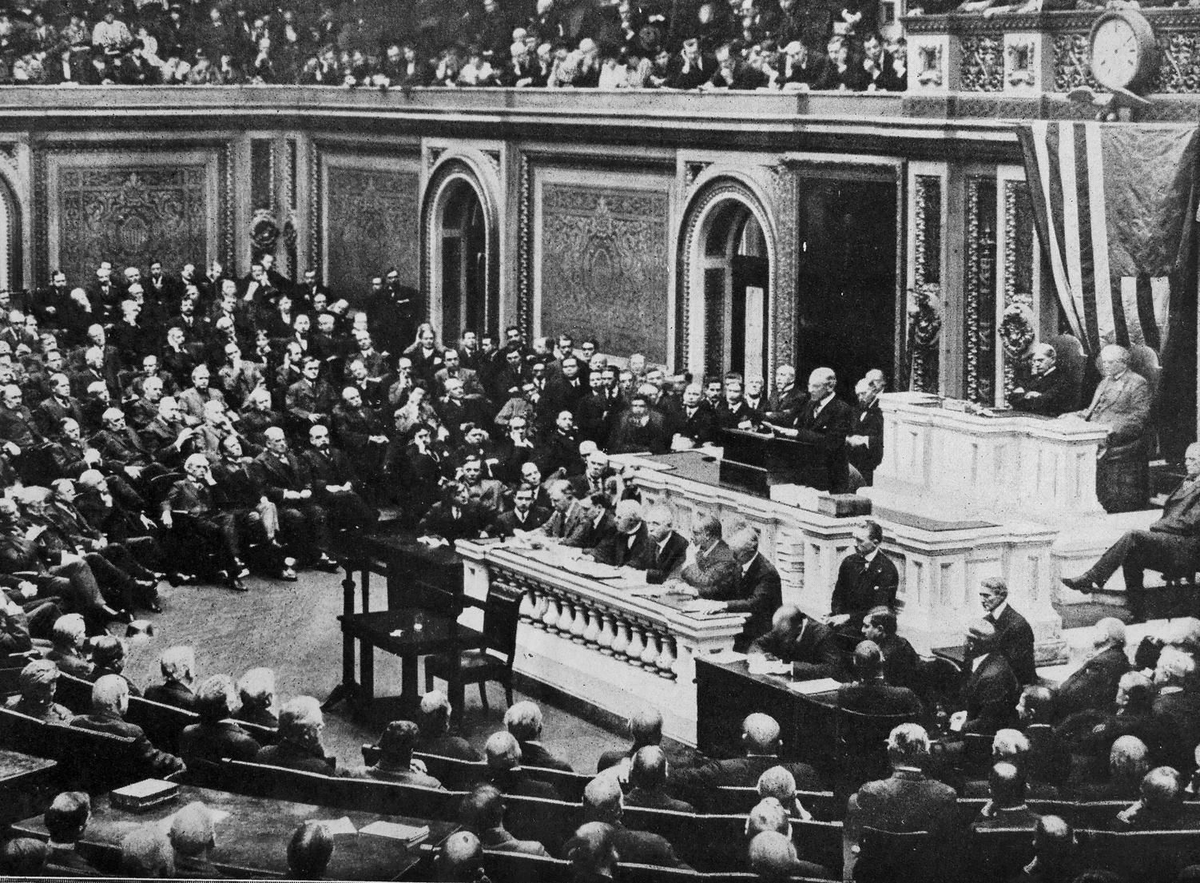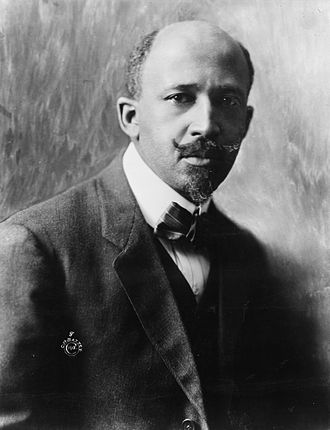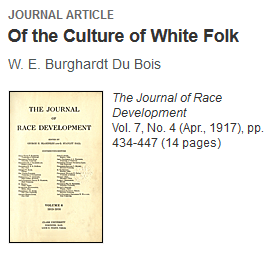Let& #39;s be frank: racism lies at the core of International Relations& #39; creation as an academic discipline.
Here& #39;s how I plan to address this fact in my "Intro to International Relations" course.
[THREAD] https://twitter.com/kelly_zvobgo/status/1274067161632423937">https://twitter.com/kelly_zvo...
Here& #39;s how I plan to address this fact in my "Intro to International Relations" course.
[THREAD] https://twitter.com/kelly_zvobgo/status/1274067161632423937">https://twitter.com/kelly_zvo...
I& #39;ve tweeted before about how the first major IR academic journal was "The Journal of Race Development" (which became "The Journal of International Relations" with became "Foreign Affairs") https://twitter.com/ProfPaulPoast/status/1141040849134006274">https://twitter.com/ProfPaulP...
In the classroom, I emphasize that the modern discipline of international relations developed largely in response to World War I and, specifically, the creation of the League of Nations.
That& #39;s still true.
That& #39;s still true.
After all, Margaret & Gwendoline Davies, granddaughters of industrialist David Davies, and their brother David made a gift to @AberUni in 1918, with the intent of founding a chair "in memory of the fallen students of our University".
The goal: "for the study of those related problems of law and politics, of ethics and economics, which are raised by the prospect of a League of Nations"
But there was more to the charge:
"...and for the truer understanding of civilisation other than our own."
Hmm...that language is a bit "Clashy". We& #39;ll come back to that.
"...and for the truer understanding of civilisation other than our own."
Hmm...that language is a bit "Clashy". We& #39;ll come back to that.
Anyhow, let& #39;s go back to why the proposed League was so important to study.
The short answer is straightforward: to prevent another "Great War"
The short answer is straightforward: to prevent another "Great War"
As Wilson specified in point 14 of his 14 points: "A general association of nations must be formed under specific covenants for the purpose of affording mutual guarantees of political independence and territorial integrity to great and small states alike."
This project was urgent given the devastation brought by World War I. As historian Margaret MacMillian writes about the atmosphere in Europe in late 1918/early 1919.
That passage is from her "Paris 1919" https://www.google.com/books/edition/Paris_1919/EHzgiYw0kegC?hl=en&gbpv=0">https://www.google.com/books/edi...
So why was it important to prevent another "Great War"?
For starters, it was indeed "Great". This figure shows the battle-deaths from the war relative to wars fought in the 100 years prior.
For starters, it was indeed "Great". This figure shows the battle-deaths from the war relative to wars fought in the 100 years prior.
But there is more to it.
It wasn& #39;t JUST about the war& #39;s SIZE.
It was also about the war& #39;s location (Europe) and who fought in it: Europeans. White Europeans.
It wasn& #39;t JUST about the war& #39;s SIZE.
It was also about the war& #39;s location (Europe) and who fought in it: Europeans. White Europeans.
That passage is from "The Deluge" https://www.google.com/books/edition/The_Deluge/0DRBAwAAQBAJ?hl=en&gbpv=0">https://www.google.com/books/edi...
Indeed, this worldview contributed initially to Wilson& #39;s reluctance to bring the US into the war, as historian Lloyd E. Ambrosius describes
That passage is from his book "Wilsonian Statecraft" #v=onepage&q&f=false">https://books.google.com/books?id=5_YBujrQXE8C&printsec=frontcover&source=gbs_ge_summary_r&cad=0 #v=onepage&q&f=false">https://books.google.com/books...
Consider the account of David Houston, Wilson& #39;s Secretary of Agriculture (then eventually Treasury).
For more, definitely read vol 1 of his memoir https://www.google.com/books/edition/Eight_Years_with_Wilson_s_Cabinet_1913_t/QEp3AAAAMAAJ?hl=en&gbpv=0">https://www.google.com/books/edi...
This gives a different understanding to the following line from Wilson& #39;s April 2, 1917 address to Congress:
"It is a fearful thing to lead this great peaceful people into war, into the most terrible and disastrous of all wars, civilization itself seeming to be in the balance."
"It is a fearful thing to lead this great peaceful people into war, into the most terrible and disastrous of all wars, civilization itself seeming to be in the balance."
Make no mistake, this was not some isolated view of the war.
The view that this was a war within "White Civilization" was powerfully stated by W.E.B. Du Bois
The view that this was a war within "White Civilization" was powerfully stated by W.E.B. Du Bois
He wrote an article in the Journal of Race Development (yep, the same journal mentioned above) in April 1917 titled "Of the Culture of White Folk"
In short, World War I was shocking, not just because of the devastation it brought about, but because the devastation was unfolding in "White Civilization".
The discipline of International Relations came out of a desire to understand how this could possibly happen within such a "civilization" and whether the League of Nations could stop it in the future.
[END]
[END]

 Read on Twitter
Read on Twitter